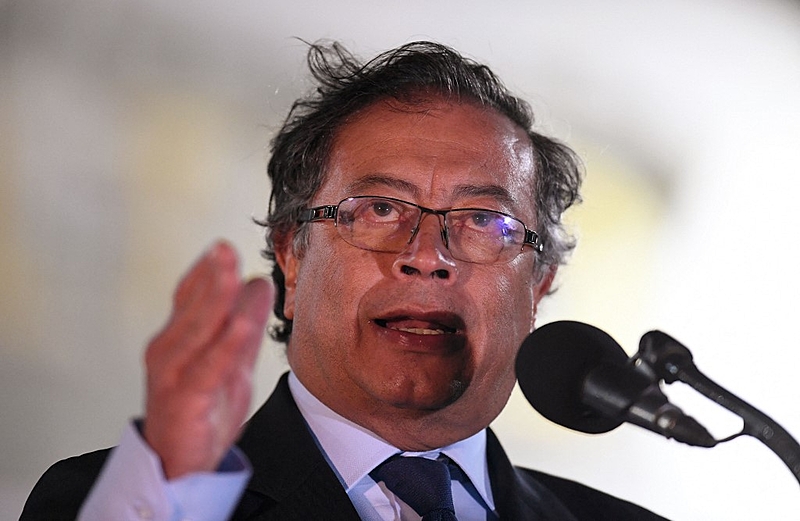The president of Colombia, Gustavo Petro, assured that he will remain in power only until 2026 despite innumerable speculations regarding the possibility that he will follow in the footsteps of Hugo Chávez in Venezuela.
In an interview with Semana magazine, Petro assured: “I will not go beyond 2026,”; a statement that will remain in the memory of Colombians in case he tries to break it.
“The Constitution says that it is until 2026, (…) be very careful about the things they say, I am not going to change the Constitution; that is not going to happen,” Petro said.
The Colombian president dismissed the possible extension of mandates within the framework of the political reform that he proposes, but he mentioned the mayoress Claudia López who has urged to match the time of the presidential term with that of the mayors.
“It is a proposal from Claudia that has to do with the mayoralties; they believe that if the period of the mayoralties coincides with the Government, which was not what the Constitution established,” he explained.

But Petro’s assertion that he does not seek to change the Constitution does not coincide with what he came to say during his electoral campaign, so there would be reasons to believe that the president will seek to modify the Magna Carta to eventually stay in power.
In 2017, Petro put on the table the idea that if he were elected head of state, he would seek to hold a national constituent assembly.
In the recent presidential campaign, he left behind the idea of calling a Constituent Assembly.
“If I am president of Colombia, the first act, the first day, is to call a citizen referendum with a single question: do you want, yes or no, a national constituent assembly in Colombia?” Petro asserted in 2017.
In recent decades, leftist leaders such as Hugo Chávez, Nicolás Maduro, Evo Morales, Daniel Ortega and Rafael Correa came to power without a majority in Congress and still ended up calling constituents, changing the Constitution, revoking legislatures, re-elected and, in the case of Venezuela, leading the country to an unprecedented humanitarian crisis.

